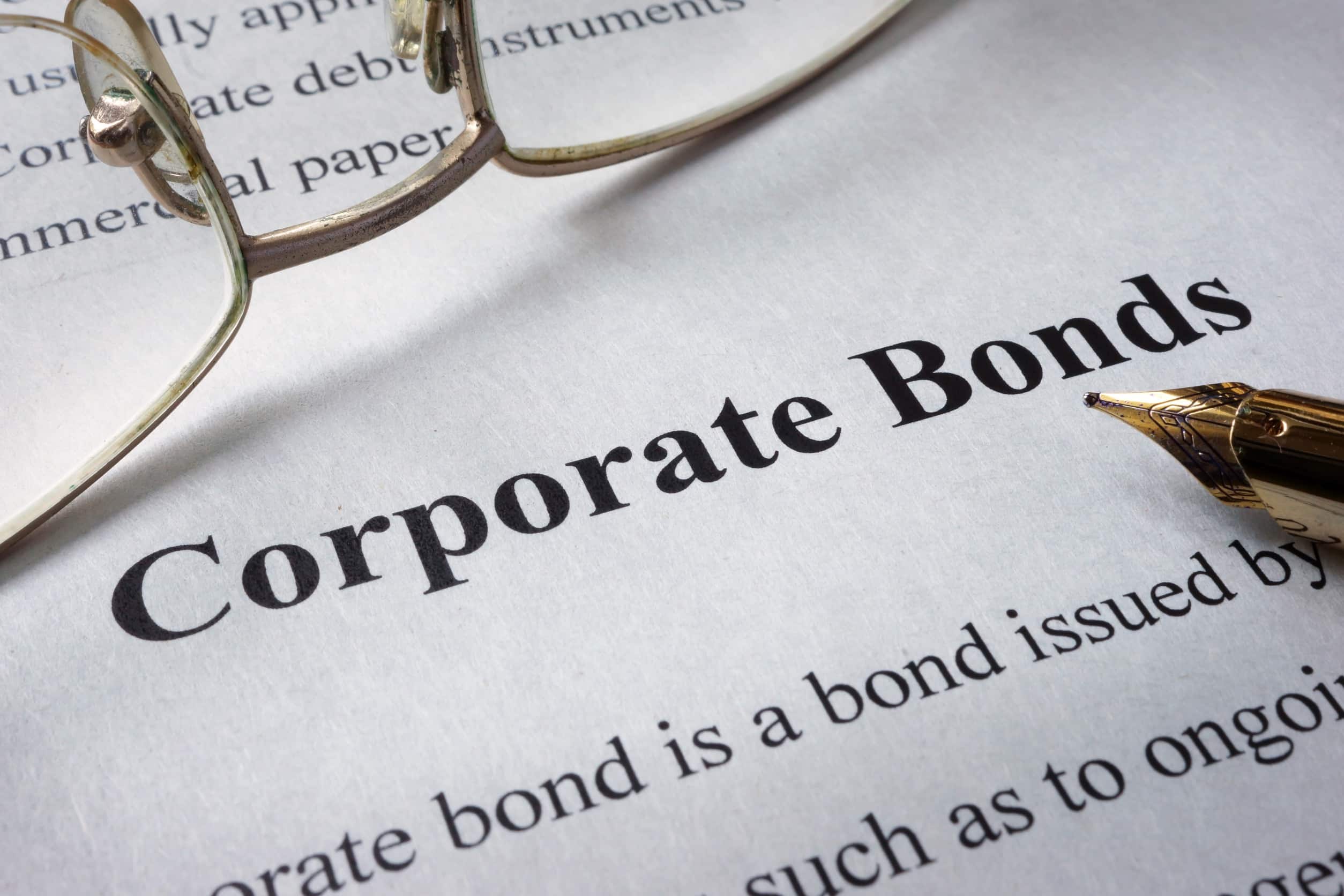Businesses seek revenue in any form possible in order to pay for its ventures. Revenue can come from selling assets, stocks, or even corporate bonds. A bond is a debt obligation, like an IOU. Investors who buy corporate bonds are lending money to the company issuing the bond. In return, the company makes a legal commitment to pay interest on the principal and, in most cases, to return the principal when the bond comes due, or matures.
What Are Some Examples of Corporate Bonds?
Some examples of corporate bonds are: (1) short-term bonds; (2) long-term bonds; (3) zero-coupon bonds; (4) investment grade bonds; and (5) non-investment grade bonds.
Short-term bonds are those that tend to have maturities of less than three years, compared to medium-term bonds who tend to be between four to ten years, and long-term bonds that tend to have maturity rates of more than ten years. However, long-term bonds tend to have higher interest rates. Zero-coupon bonds are bonds that make no interest payments until the bond fully matures; for example, if an investor pays $1,000 for a five-year, zero-coupon bond with a face value of $1,200, the company pays no interest on the bond for the next five years, and then at maturity, pays $1,400, or the purchase price plus interest, or the original issue discount, of $200.
Investment grade bonds are those that are believed to have a lower risk of default and receive higher ratings by the credit rating agencies, such as Baa by Moody’s, or BBB by S&P and Fitch. In contrast, a non-investment grade bond is a bond that pays higher yields but also carries more risk and a lower credit rating than an investment-grade bond. Non-investment-grade bonds are also called high-yield bonds or junk bonds.
What Happens to My Assets if the Company Goes Bankrupt?
If a company defaults on its bonds and goes bankrupt, bondholders will have a claim on the company’s assets and cash flows. The bond’s terms determine the bond-holder’s place in line, or the priority of the claim. Priority will be based on whether the bond is a secured bond, a senior unsecured bond, or a junior unsecured (or subordinated) bond.
In the case of a secured bond, the company pledges specific collateral—such as property, equipment, or other assets that the company owns—as security for the bond. If the company defaults, holders of secured bonds will have a legal right to foreclose on the collateral to satisfy their claims. Bonds that have no collateral pledged to them are unsecured and may be called debentures. Debentures have a general claim on the company’s assets and cash flows. They may be classified as either senior or junior (subordinated) debentures. If the company defaults, holders of senior debentures will have a higher priority claim on the company’s assets and cash flows than holders of junior debentures.
What Are Some Risks of Corporate Bonds?
Some of the risks that corporate bonds face are: (1) that the company will fail to timely make interest or principal payments and thus default on its bonds; (2) that inflation in the prices of goods and services will cause a decline in purchasing power; (3) that the price of a bond will fail if market interest rates rise; and (4) that liquidity might create a risk to the investor seeking to sell their bonds but might not receive a price that reflects the true value of the bonds.


